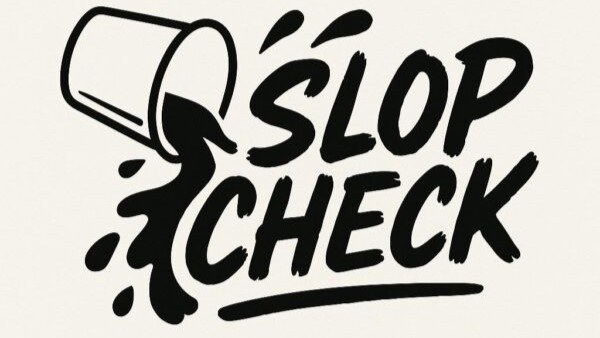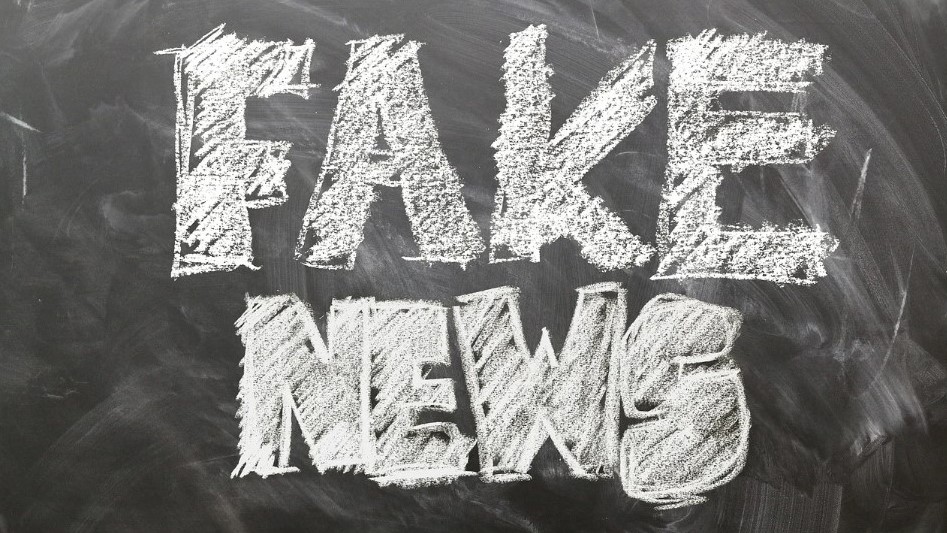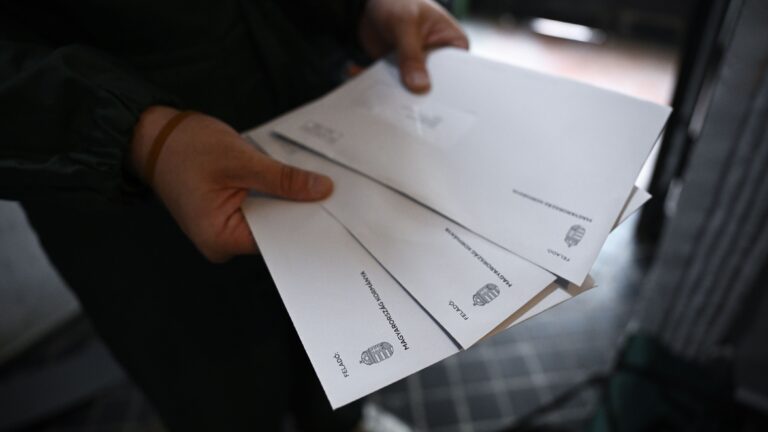
Never, ever, trust a journalist.
This is a rather obvious statement. All of the Right is now very much aware that such blood-sucking drama merchants would sell their own auntie for a story. Talking to such people is inherently bad for one’s health.
But when it comes to one journalist in particular, this phrase takes on a whole new meaning.
Henry Foy is the man in charge of the Financial Times Brussels bureau. It’s a prestigious position, the publication having traditionally been viewed as one of the most important outlets in the European capital.
And on paper, it looks like he deserves the position. Foy has had numerous gangbuster scoops this year that took the international media by storm. He broke a story in January about a secret EU plan to crash the Hungarian economy, had a scoop in September that Russia had attacked Ursula von der Leyen’s aircraft with GPS jamming, and shocked the world with internal reports on Donald Trump’s war of words with Volodymyr Zelenskyy and Vladimir Putin.
But there is just one problem with all of these stories: all of them could be completely made up.
I am going to emphasize, for legal reasons if nothing else, the word ‘could’ in the above sentence. It is conceivable that when Foy wrote all these stories, he believed them to be true. But the trouble is, they are all totally unverifiable. Each one relies almost entirely on unnamed sources recounting internal conversations and memos, or Foy’s own eyes and ears. This means that, even if all the officials alleged to be involved in these scoops come out and denounce Foy’s reporting as false, there is very little way to know if they are telling the truth either.
So, should we just take Foy at his word? Yes, pinning all your reporting on anonymous sources is not exactly journalistic best practice, but if he is reporting the truth, then surely that means something?
Well, we have good reason to believe he is not, in fact, telling the truth.
Take Foy’s Hungary story, for example. The article was barely online before being subjected to vicious mockery from many in the world of economics. Danube Institute’s very own Philip Pilkington—a major critic of Foy’s—outright mocked the mechanisms cited by Foy, informing him that due to Hungary operating its own currency, the EU lacks the necessary leverage to enact its alleged evil scheme.
‘We have good reason to believe he is not, in fact, telling the truth’
As of the time of writing, there is no sign of such Brussels-sponsored economic sabotage in Budapest. Later reports also indicated that Foy’s source was unreliable and that the document he cited may have been a mere background note that did not even mention Hungary.
Foy is zero for one.
Then there is the GPS jamming story. Foy learned about this story while allegedly on the plane himself, going so far as to give an interview with his own publication recanting the horrors of being assaulted by Moscow’s evil jamming rays. Foy’s own reporting describes the plane as mysteriously losing GPS navigation capabilities due to jamming over Bulgaria, resulting in the craft circling its destination airport for an hour. Eventually, the pilot was forced to land the plane using manual maps.
But while Foy’s reporting was enthusiastically backed by EU officials, all publicly available facts indicate that his recounting of events is false. Publicly available flight data from the trip indicates Foy and von der Leyen arrived at their destination more or less on time, with there being zero evidence of the plane entering any sort of holding pattern like Foy describes.
The GPS tracking also shows no sign of interference. FlightRadar24, a company that specializes in monitoring international air traffic, also states that there is zero evidence of any sort of GPS jamming in the area. Foy’s claim of a paper map landing is also not true. The aircraft is recorded as using its instrument landing system, a semi-automated process involving radio communications between ground sensors and the aircraft that is touching down.
Foy is now zero for two.
With this in mind, should we trust his anonymous reporting on conversations between Trump and other powerful individuals? Almost certainly not. Foy’s uncited reporting is often completely unverifiable at the time he writes it. For instance, Foy claimed back in March that the Commission was probing a BYD factory over it allegedly receiving support from the Chinese government. The story blew up internationally, gaining coverage everywhere from Reuters to Hungary today.
‘Foy’s uncited reporting is often completely unverifiable at the time he writes it’
But it is now the end of October, and we have seen zero evidence of any Commission probe at all. Does that mean Foy’s story was not true?
When it does become possible to fact-check his content after the fact, though, it frequently turns out his reporting is questionable at best, complete nonsense at worst. Practically fanfiction, even.
So is he lying? Who knows. What’s more interesting—perhaps even worrying—is that the European Commission seems to really like the guy’s reporting, even when it does not appear to be true. Brussels has so far totally backed his retelling of the plane debacle, and its messaging on Trump’s role in Ukraine has lined up closely with Foy’s retellings of the president’s closed-door meetings.
Foy is writing slop. That much is certain. 100 per cent prime, premium slop. Unverified, unfalsifiable, anonymously sourced slop.
But for whom? And why? Those are some interesting, even unnerving, questions.
Slop Score:





Related articles:







